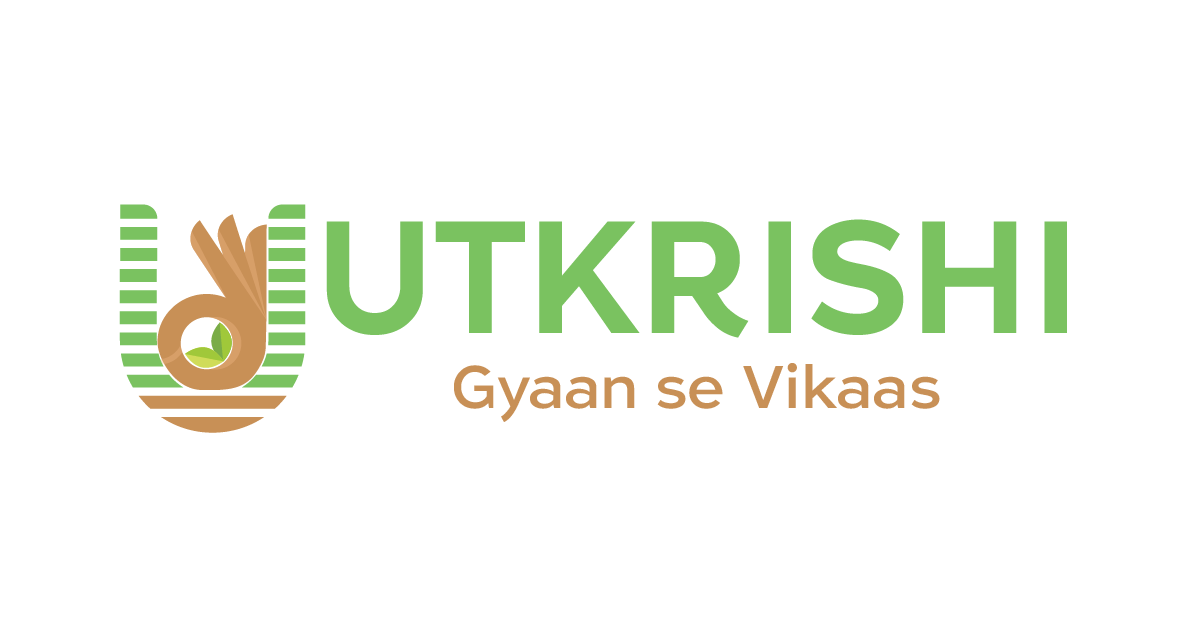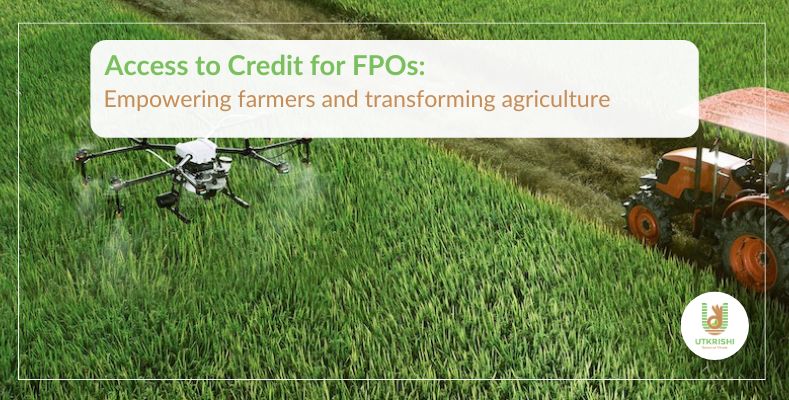Access to credit is a critical factor in the growth and sustainability of agricultural enterprises, especially for smallholder farmers. In India, where agriculture remains the primary livelihood for millions, the formation of Farmer Producer Organizations (FPOs) has emerged as a powerful tool to enhance farmers’ financial inclusion. However, for FPOs to truly empower their members, they must overcome significant barriers in accessing credit. This blog explores the importance of credit access for FPOs, the challenges they face, and the opportunities that lie ahead.
The Role of FPOs in Indian Agriculture
FPOs are collective organizations formed by farmers to improve their access to markets, resources, and knowledge. By aggregating their produce, pooling resources, and collectively negotiating with buyers, FPOs enable small and marginal farmers to achieve economies of scale, which they could not attain individually. FPOs also play a vital role in providing technical assistance, facilitating access to inputs, and ensuring better price realization for their members.
For FPOs to fulfill these roles effectively, access to credit is essential. Credit enables FPOs to invest in infrastructure, procure inputs in bulk, support their members during lean periods, and explore new market opportunities. However, despite the critical importance of credit, many FPOs struggle to secure the financing they need.
The Importance of Access to Credit
Access to credit empowers FPOs in several key ways:
1. Enhancing Operational Capacity: Credit allows FPOs to build and expand their operational capacity. This includes setting up processing units, storage facilities, and transportation infrastructure. With adequate credit, FPOs can invest in value addition, improving the quality of produce and extending shelf life, which in turn enhances marketability and profitability.
2. Bulk Procurement of Inputs: One of the advantages of FPOs is their ability to procure inputs like seeds, fertilizers, and pesticides in bulk, thereby reducing costs for individual farmers. Credit facilities enable FPOs to purchase these inputs upfront and distribute them to members at affordable rates, ensuring timely access to quality resources.
3. Supporting Members During Lean Periods: Agriculture is highly seasonal, and farmers often face cash flow issues during lean periods. Access to credit allows FPOs to provide financial support to their members, helping them manage their cash flow needs and avoid distress sales of their produce.
4. Expanding Market Reach: With adequate financing, FPOs can explore new market opportunities, including exporting produce or entering into contracts with large buyers. Credit allows FPOs to meet the demands of these markets by ensuring consistent quality and quantity of supply.
5. Building Resilience: Agriculture is vulnerable to various risks, including climate change, pests, and market volatility. Access to credit helps FPOs build resilience by investing in risk management strategies such as crop diversification, insurance, and adaptive technologies.
Challenges in Accessing Credit
Despite the clear benefits, FPOs face several challenges in accessing credit:
1. Lack of Collateral: Most FPOs, particularly those comprising small and marginal farmers, lack the collateral required to secure loans from traditional financial institutions. This makes it difficult for them to access formal credit channels.
2. Limited Financial Literacy: Many FPOs are newly formed and may lack the financial literacy and management skills required to prepare bankable business proposals. This limits their ability to negotiate favorable credit terms with lenders.
3. High Perceived Risk: Banks and financial institutions often perceive lending to FPOs as high-risk due to the collective nature of the organization and the inherent risks associated with agriculture. This perception leads to higher interest rates and stricter lending terms, making credit less accessible.
4. Complex Loan Application Processes: The loan application process for FPOs can be complex and time-consuming, requiring extensive documentation and adherence to multiple regulatory requirements. This complexity can be a significant barrier for FPOs, particularly those with limited administrative capacity.
5. Inadequate Government Support: While the government has introduced various schemes to support FPOs, the implementation and reach of these schemes remain limited. Many FPOs are unaware of the available credit facilities or find the application process too cumbersome.
Opportunities and Solutions
To address these challenges and improve access to credit for FPOs, several opportunities and solutions can be explored:
1. Government Support and Policy Interventions: The government can play a crucial role in improving access to credit for FPOs by providing collateral-free loans, offering interest rate subsidies, and simplifying loan application processes. Strengthening the implementation of existing schemes like the Equity Grant and Credit Guarantee Fund Scheme for FPOs can also make a significant difference.
2. Capacity Building and Financial Literacy: Capacity-building programs that focus on financial literacy and management skills are essential for FPOs. These programs can help FPOs prepare robust business plans, maintain accurate financial records, and navigate the complexities of the credit application process.
3. Partnerships with Financial Institutions: Banks and financial institutions can develop tailored financial products for FPOs that consider the unique challenges and opportunities of collective farming. By partnering with FPOs and understanding their needs, financial institutions can reduce perceived risks and offer more favorable credit terms.
4. Leveraging Technology: Digital platforms and fintech solutions can revolutionize access to credit for FPOs by streamlining the loan application process, reducing documentation requirements, and facilitating easier access to government schemes. Technology can also help FPOs manage their finances more efficiently, making them more attractive to lenders.
5. Encouraging Impact Investment: Impact investors and social enterprises can play a significant role in providing credit to FPOs. By focusing on social and environmental returns alongside financial returns, these investors can support the growth of FPOs and promote sustainable agriculture.
Conclusion
Access to credit is a cornerstone of the success and sustainability of FPOs in India. While significant challenges remain, the opportunities for improving credit access are vast. By addressing these challenges through policy interventions, capacity building, partnerships, and technology, FPOs can be empowered to drive agricultural transformation, enhance farmers’ livelihoods, and contribute to the broader goals of food security and rural development.
The future of agriculture in India is inextricably linked to the success of FPOs, and ensuring they have access to the credit they need is a critical step toward realizing this potential.


